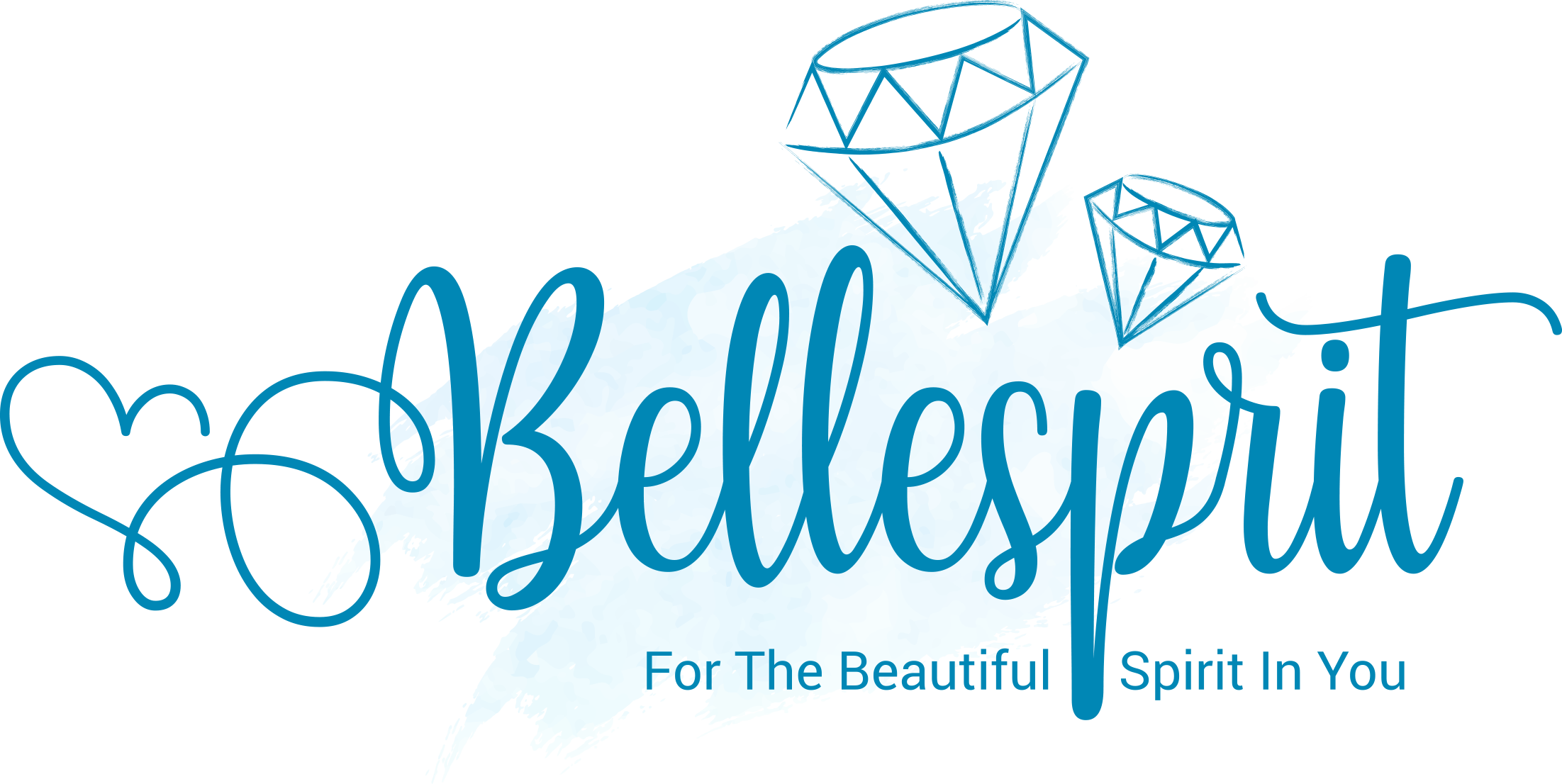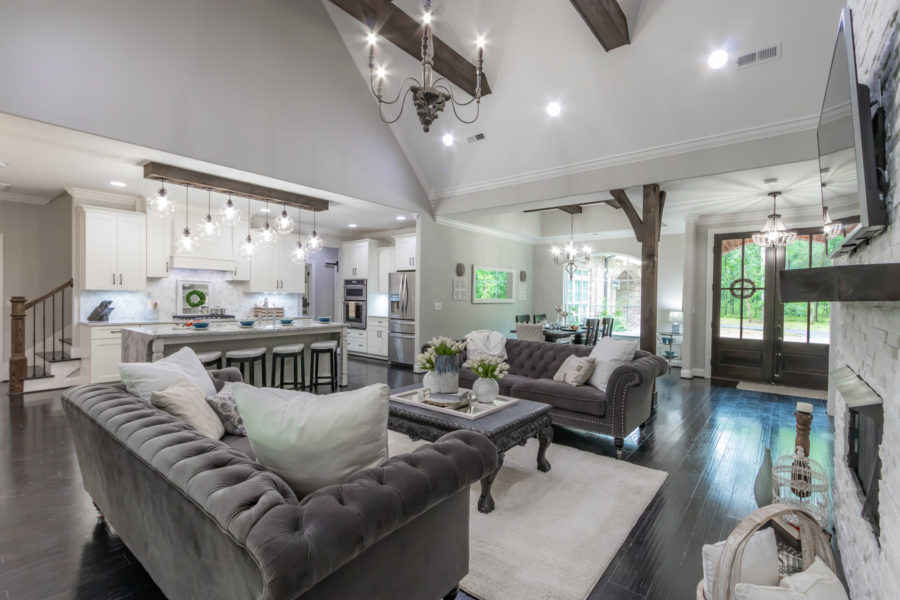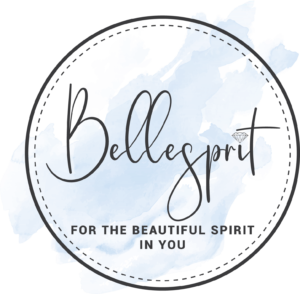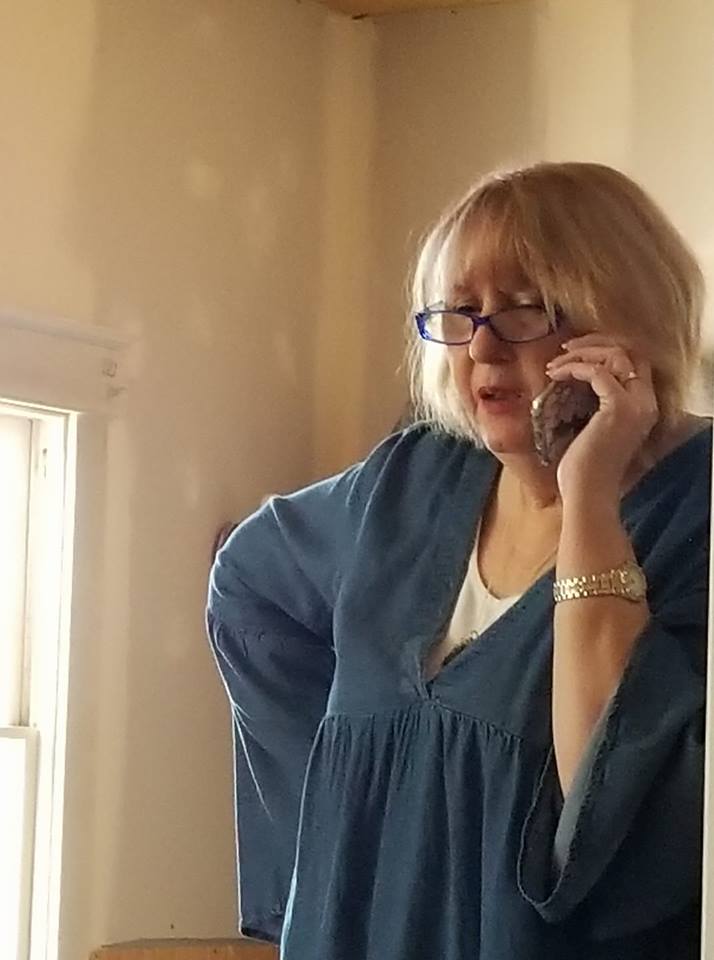How would you turn your home into a safe haven for your peace of mind?
By Elaine Good
Today was a long day at work and you have looked forward to a chilled-out evening as you battle through the rush hour traffic.
Opening the door to your home a scene of devastation welcomes you. From every room a TV blares, attempting to compete with the roar of rock music from a teenager’s bedroom. A pile of dirty dishes teeters at the sink alongside the smell of unwashed laundry which greets you at the kitchen door. Home is supposed to be a place of refuge and peace. Something has to change!
A rigid working regime can lead to a feeling of being trapped in a routine that leaves little space for personal freedom and relaxation. Even the commute to and from work can create stress.
To find the right balance between work and leisure often requires planning. People sharing your living space need managing and animal’s routines organizing. Expressing your individuality takes time and effort if you are to enjoy a balanced and healthy life.
What you do in your evenings, weekends, public holidays and annual leave are expressions of your true identity. This is the person who wants to break loose from the nine to five routine, kick off her shoes and be her true self.
Some stress can be relieved by choosing alternative working hours to fit in with your lifestyle. This could help to avoid the rush hour. Where you live is important. Maybe living closer to workplace or schools would make life a lot easier. Being a walking or cycling distance away could do wonders for your physical fitness, health and emotional well-being.
Working from home may appear to be the perfect solution if you juggle work with a young family. However, this requires a strict routine and a very disciplined attitude to the working week. Boundaries between work and leisure should never become blurred and family and friends should respect your privacy without dropping in for coffee and a chat. Your concentration will be broken and catching up the days deadlines becomes stressful and frustrating.
Your environment is an extension of your personality. An office worker may add a plant and a family photograph to their desk to create a personalized space. Home is the place to relax and express yourself so deliberately creating an environment you feel comfortable in is essential for relaxation. Color, decor and space all reflect aspects of yourself, your identity, affect mood and the ability to relax.
Keeping harmony in the home requires management and keeping on top of routines. Remove unpleasant smells, clutter, dirt and untidiness and keep the temperature at a comfortable level. Always return items to their correct place as searching for lost possessions is time wasting and frustrating which could then express itself as anger.
Light and sound are also important factors to be controlled. Street noise can be muffled by good double-glazed windows, ear plugs can mute the noisy music from a teenager’s bedroom or encourage them to wear ear phones. Music creates a wall of sound to separate young people from adults and is an essential part of their self-expression and growing independence.
Lighting can be used to relax and create a soothing atmosphere. Sunny weather automatically brightens up your mood. There are scientific links between natural daylight and hormone levels. Changing lights to mimic natural daylight can reduce seasonal depression.
Creating your own personal happy space is essential whether it be at work or a place to relax. Using lighting, rugs or shelving, folding screens, paint and wallpaper can personalize even the tiniest of spaces.
Creating a comfortable environment to relax in after a day’s work will ensure a soothing balance is restored, reducing stress and promoting health and happiness. Now isn’t that something to be thankful for?
About the Author:
 Elaine Good is a psychic, intuitive, and an empathic life coach from the UK with over thirty years’ experience. She is a stress management consultant, a life coach, holistic therapist, energy healer, and an Intuitive Reflexologist. She also works with Aromatherapy, holistic pain management and drug and alcohol counseling. Both treatments include NADA protocol, (auricular acupuncture).
Elaine Good is a psychic, intuitive, and an empathic life coach from the UK with over thirty years’ experience. She is a stress management consultant, a life coach, holistic therapist, energy healer, and an Intuitive Reflexologist. She also works with Aromatherapy, holistic pain management and drug and alcohol counseling. Both treatments include NADA protocol, (auricular acupuncture).
If you would like to learn more about Elaine, visit her web site at http://www.elainepsychicreadings.co.uk.





